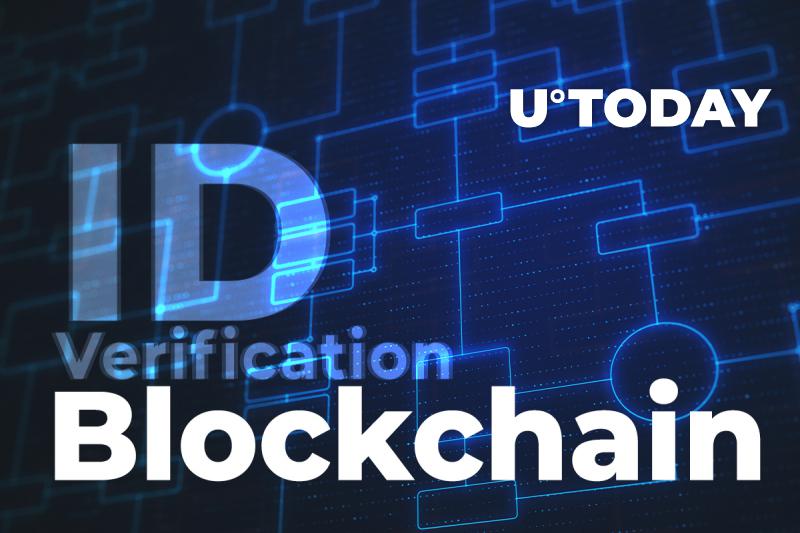May 17 2022, Published 1:36 p.m. ET
Blockchain technology has the potential to power more than just cryptocurrency. Its utility extends into document organization too. One of the types of documents that blockchain can support is birth certificates, New York City Mayor Eric Adams says.
Article continues below advertisementHere’s how blockchain could support birth certificate digitization and whether governments could make the transition in the future.
New York Mayor Eric Adams pushes blockchain technology for birth certificates and more.
Adams kicked off the Security Token Summit in New York City on Monday, May 16, touting the broad utility of blockchain technology. He told a room of crypto enthusiasts, “To have, to use blockchain from everything — to look at deeds, to deal with birth certificates, other records, this is the way of the future and we’re excited about it.”
Article continues below advertisement
Adams is known for his affinity for blockchain technology. He famously accepted his first three paychecks as mayor in bitcoin (BTC) and Ether (ETH) instead of fiat currency. YTD, both of these assets (and many other digital assets, including stablecoins) are down, so Adams would be in the red if he hasn’t sold his held assets.
“The stagnation, the inability of government to have these partnerships between corporate entities and government is what’s keeping us back from solving so many problems,” Adams said in his speech.
Article continues below advertisementHow would blockchain-based birth certificates work?
Proponents of storing government documents on a blockchain say the process could make the government wildly more efficient, which would decrease the cost of operation. The move could potentially reduce fraud.
Blockchain-based document storage saves data on a decentralized or centralized network (in the case of governments, it would be centralized). Individual files get their own block, perhaps bound by a smart contract. The blockchain ledger tracks assets and any changes that occur, which makes them easily updatable. “The most efficient method is to store a document's hash on-chain while keeping the whole document elsewhere,” wrote Ben Whittle, a software lead at the peer-to-peer content exchange and delivery network Arc.io.
Article continues below advertisementWhere are blockchain-based documents (including birth certificates) headed?
Putting a birth certificate on the blockchain has been done, but only on a micro scale. In 2019, a hospital in Brazil created a blockchain birth certificate for a newborn baby. IBM Corp. (IBM) partnered with the hospital to bring this to fruition. At the time, IBM’s Trusted Identity chief technology officer Dan Gisolfi said, “Just like in the physical card domain, the issuance of a digital birth record is a stepping stone to bootstrapping a broader digital credential marketplace.”
In the U.S., places like Cook County, Ill., and South Burlington, Vt., have toyed with adding property deeds to the blockchain.
Article continues below advertisementDigitized birth certificates on the blockchain are still a long way out — at least on a broad scale. However, it wouldn’t be surprising to see tests in the U.S. like the one in Brazil. Other documents will likely come first, with more acceptance of adding property deeds to the blockchain. As Gisolfi said, “The current workflow is extremely manual and plagued by the potential of human errors during the process.”
Long story short, current bureaucratic processes won’t last forever, although the reality of what that looks like could shift in ways beyond our imagination.




